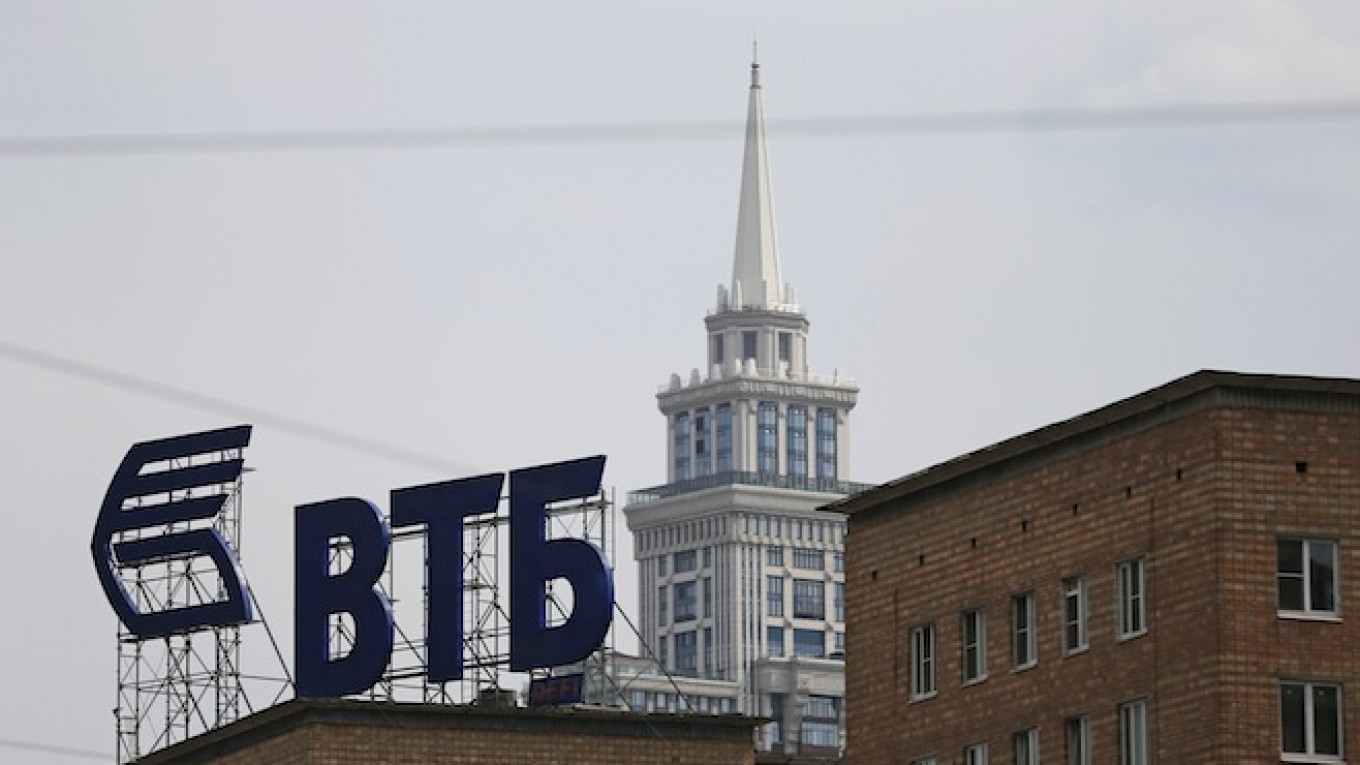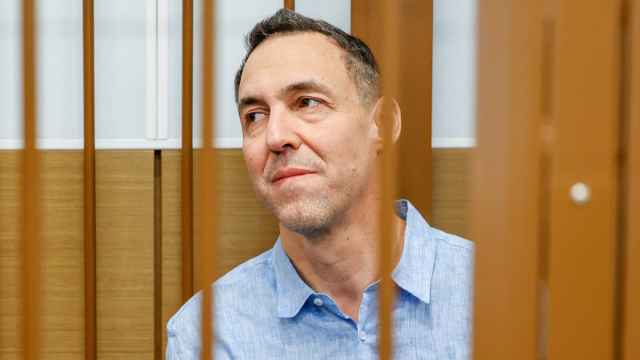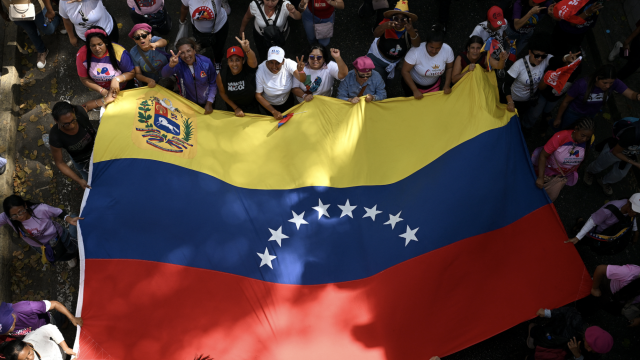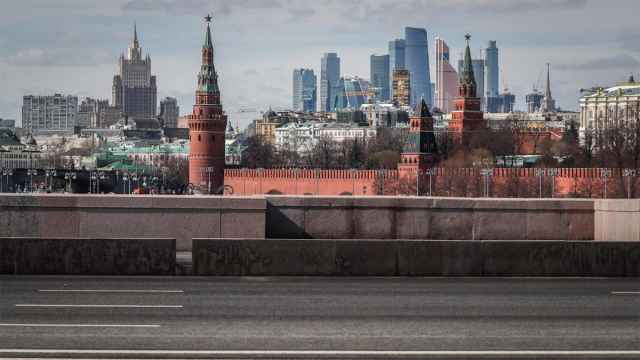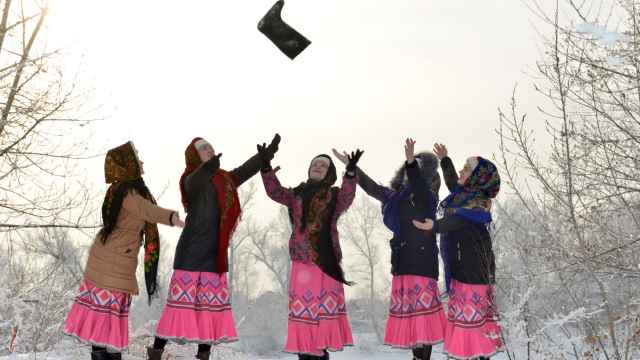Russia's second-largest bank VTB said an economic slowdown and political tensions over the Ukraine crisis had damaged its business, as it reported an 82 percent slide in first-half profit.
Tensions over Moscow's perceived backing for pro-Russian rebels in eastern Ukraine have driven up the cost of financing for Russian firms and spurred capital flight, weakening the outlook for banks that serve the Russian economy.
VTB's first-half results, which fell significantly short of analysts' expectations, did not include any effects from its inclusion in July on U.S. and EU sanctions lists that restrict its access to international capital markets along with other Russian state-owned banks.
Chief financial officer Herbert Moos said on a conference call that a deterioration in the Russian economy and risks linked to Ukraine had significantly increased the bank's cost of risk and forced it to raise loan-loss provisions.
Dmitry Pyanov, the bank's senior vice president, told the same conference call on Thursday that the bank's earnings were cut by 8 billion rubles ($220 million) in the second quarter because of the Ukraine crisis.
Bad-loan provisions rose to 92.8 billion rubles ($2.5 billion) for the first six months of the year from 50.7 billion ($1.4 billion) a year earlier, while its cost of risk rose to 2.6 percent from 1.8 percent.
Its return on equity, a measure of the bank's profitability, slumped to 1.1 percent compared with 6.9 percent for the first half of 2013.
"The results are weak, two things are disappointing: its margin fell sharply due to an increase in the cost of financing, and provisions due to Ukraine are still high," said Mikhail Shlemov, a banking analyst at UBS in Moscow.
VTB had reported a 98 percent plunge in net profit in the first quarter, also citing risks over Ukraine.
Under Pressure
Moos said he expected VTB's margin to recover by year-end, but Shlemov was less optimistic: "The effect from the sanctions isn't yet visible [in the results], and as a result the cost of financing will increase due to high interest rates and the margin will remain under pressure," he said.
Russia's Central Bank has raised its key interest rate by 250 basis points since March due to market turbulence over Ukraine, squeezing banks' profits.
Russian shares were slightly higher on Thursday on hopes of an easing in tensions around the military standoff in eastern Ukraine, with VTB adding 1.7 percent despite the fall in earnings.
Russia's government plans to spend 239 billion rubles ($6.6 billion) from the National Wealth Fund, which collects oil revenue, to buy out preferred shares of VTB and Russian Agricultural Bank to boost their capital following the sanctions.
VTB said Thursday the government scheme could boost its Tier 1 capital adequacy ratio — a measure of a bank's ability to absorb losses — by about 2.4 percentage points.
Its Tier 1 ratio fell to 9.4 percent in the first half from 10.9 percent a year ago.
Moos said restrictions on VTB's access to international capital could be mitigated by additional financing from the Central Bank, which has already said it is willing to help banks hit by sanctions.
VTB's first-half net profit was 5 billion rubles ($138 million) versus 27.6 billion ($762 million) a year ago. Losses were capped by a 9.9 billion ruble ($273 million) profit on financial instruments in the second quarter.
Analysts polled by Reuters had predicted VTB's first-half profit would be 13.2 billion rubles ($364 million).
See also:
A Message from The Moscow Times:
Dear readers,
We are facing unprecedented challenges. Russia's Prosecutor General's Office has designated The Moscow Times as an "undesirable" organization, criminalizing our work and putting our staff at risk of prosecution. This follows our earlier unjust labeling as a "foreign agent."
These actions are direct attempts to silence independent journalism in Russia. The authorities claim our work "discredits the decisions of the Russian leadership." We see things differently: we strive to provide accurate, unbiased reporting on Russia.
We, the journalists of The Moscow Times, refuse to be silenced. But to continue our work, we need your help.
Your support, no matter how small, makes a world of difference. If you can, please support us monthly starting from just $2. It's quick to set up, and every contribution makes a significant impact.
By supporting The Moscow Times, you're defending open, independent journalism in the face of repression. Thank you for standing with us.
Remind me later.


